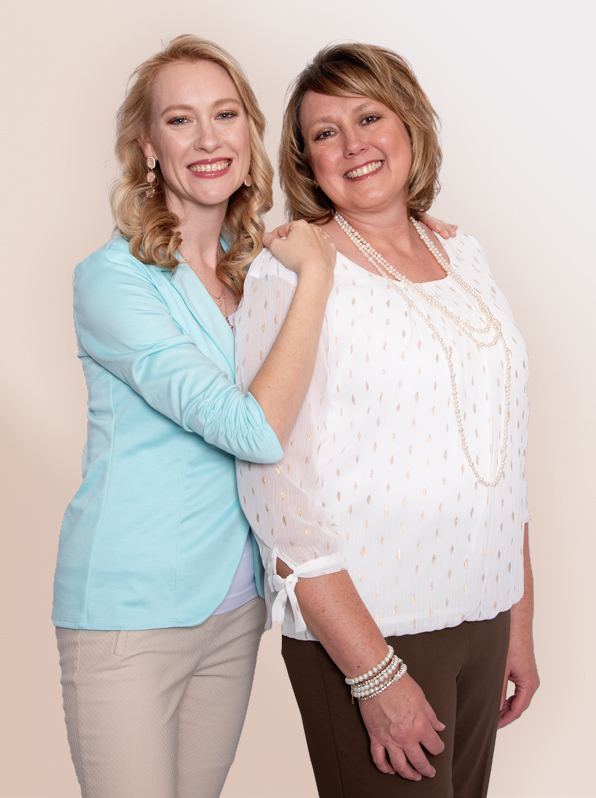Trust is the foundation of any strong relationship. It allows couples to feel safe, understood, and deeply connected—what we call psychological intimacy. But trust isn’t just about honesty; it’s a combination of reliability, integrity, vulnerability, and generosity. And when trust is broken, whether in small ways or big ones, the path to repair requires intention, effort, and patience.
The Components of Trust
Brené Brown’s BRAVING framework outlines key elements that build trust. This is literally one of my favorite and most used concepts, so excuse me while I beat this dead horse … but here it is AGAIN:
- Boundaries: Respecting each other’s limits.
- Reliability: Following through on commitments.
- Accountability: Owning mistakes and making amends.
- Vault: Keeping private things private.
- Integrity: Choosing what is right over what is easy.
- Non-judgment: Offering support without criticism.
- Generosity: Assuming the best in each other’s intentions.
Let’s Make This Real: The Forgotten Anniversary
Imagine this: Sarah and Jake have been married for eight years. Sarah had a tough week at work and was looking forward to their anniversary celebration, the one Jake said he would plan. But the day came and went—no flowers, no plans, just a casual “Happy Anniversary” in passing. Sarah felt hurt and unimportant.
Jake, on the other hand, had been swamped at work and completely lost track of the date. He loved Sarah deeply but assumed she understood how busy he was. When she finally confronted him about her disappointment, he became defensive. “It was an honest mistake! I didn’t mean to hurt you. Haven’t you seen how busy I’ve been?”
This kind of scenario happens all the time—one person feels betrayed, while the other doesn’t realize the depth of the wound. The key to repair? Rebuilding trust with accountability, vulnerability, and action.
How to Repair Trust
- Acknowledge the Hurt: Jake needed to recognize that forgetting the anniversary wasn’t just a mistake; it impacted Sarah emotionally. A sincere apology like, “I see that forgetting our anniversary made you feel unimportant, and that’s the last thing I want,” would go a long way.
- Take Responsibility: Instead of defending himself, Jake could own his mistake: “I could have put it on my calendar. I can see why you’re hurt.”
- Make Amends: A gesture to show he values her, like planning a belated celebration, would demonstrate commitment to rebuilding trust.
- Recommit to Change: Moving forward, Jake might set reminders or plan ahead to ensure Sarah feels prioritized.
The Takeaway
Trust isn’t about perfection; it’s about consistency and repair. Every relationship will experience missteps, but the couples who thrive are the ones willing to put in the work to rebuild.
If trust is something you’d like to strengthen in your relationship, we’ve got a great resource for you. Check out our Trust Quiz at wholehappyfree.com/trust. Take our free quiz that can help you identify the areas where trust can be improved. If you want to take it a step further, we also created a guide designed to support you in creating a personalized plan to improve self-trust. We think you’re going to love it.








